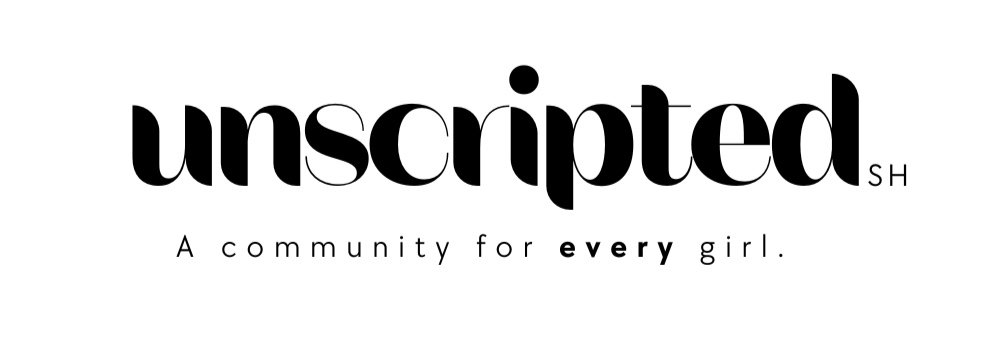Setting healthy boundaries
Many things come together to define who we are, but one thing you may not consider a defining characteristic is a boundary. I don't mean boundaries like the walls you build to keep things out, but more like a way to communicate what we want and need from those around us.
These kinds help us protect ourselves physically, mentally and emotionally. They are also how we establish our sovereignty in the relationships we encounter. They cover privacy: whether you'd be okay with your partner looking at your phone or sharing details of your sex life with friends. We might have boundaries around receiving unsolicited advice or criticism from people or the language they use towards us. We have physical boundaries, too, and ways in which we do not want to be touched. Every day, things are saying, 'You should do that' or 'You shouldn't do that,' giving advice when it's not asked, or inquiring into stuff that's not your business.
They can be simple requests you drop in casual conversation, such as, "I haven't watched that episode yet. Please don't spoil it for me." Or they can be a more monumental boundary like, "I will not be coming if you continue to disrespect my viewpoints." But no matter the size of the boundary, they share the common goal of being a part of our self-care. Above all, these are ways to say "no," and not compromise yourself for the sake of others. Likewise, they teach you how to respect the limits of other people. It sets the precedence on what's okay and what's not.
Okay, now that we have established what boundaries are, how do we begin to set them? I struggled a little bit with this because I was unsure how to go about this without hurting anyone. But I also realised if I didn't learn to do this, I would harbour resentment towards things that made me uncomfortable. So, where to start? It starts with self-awareness. If something about how you feel or act unnerves you, you can change that. The Internet and other think pieces keep telling us that we are the master of our universe; we get to control 100% of our actions and reactions. We can accept this one from the Internet. However, you must also embrace the discomfort of setting the boundary. It all starts by saying no to what does not serve you, standing your ground with no guilt or shame, and acknowledging that "No" is a complete sentence.
Setting boundaries can become easier with practice, just like many other things. Although being assertive may seem intimidating, it is essential to remember that setting boundaries is not impolite or unkind. Instead, it is a way to be fair, honest, and true to yourself and your needs while respecting others. To begin practising, you can start with small and casual boundaries, such as asking a friend not to reveal the ending of a movie or setting a specific time to leave a party.
It is important to understand that setting boundaries is not about pushing people away but communicating your needs and strengthening your relationships. When expressing your boundaries, using "I-statements" can help express how others' actions affect you and how you would like your relationship to be. If your boundaries continue to be violated, protecting yourself and your well-being is important. Remember that your health and happiness are valuable and worth defending. Boundaries can take many forms, and they help avoid interpersonal miscommunications in the long run. They also shift with your growth, and that is perfectly okay. This has been a learning curve for me as part of due diligence in my self-care practices.


